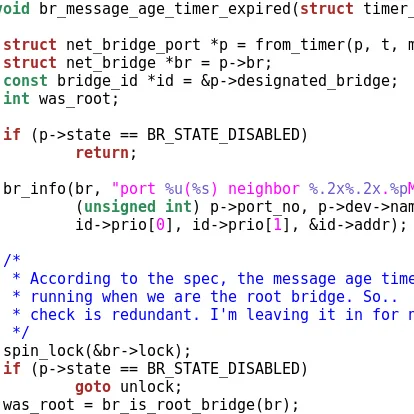Replicant As A Truly Free, Blob-Less Android OS Is Still Facing A Huge Uphill Battle

Paul Kocialkowski is the current main developer of Replicant and he presented at FOSDEM 2015 in Brussels about the state of this distribution of Android that doesn't ship any binary blobs. Besides Replicant doing away with any proprietary parts of AOSP/CyanogenMod, Repicant also disabled features that relate to tracking, statistics, and any other user monitoring. Replacing the binary portions often requires reverse-engineering particular components and coming up with free software alternatives. However, Replicant doesn't deal with the tasks of graphics acceleration, firmwares, or the modem system.
With the graphics acceleration / firmwares / modem ignored, Replicant has taken care of coming up with free software replacements for the camera, RIL, audio, and sensors on a handful of devices. While the FSF and others champion for Replicant as being an open mobile OS, Replicant OS is "lead by one developer, on spare time" and sees "very few external contributions", according to Paul's admission.
The latest version of Replicant OS is Replicant 4.2, based on Android 4.2, while upstream Android is now at version 5.1 Lollipop as of this week. Replicant currently supports a dozen different devices, which mostly are Samsung Galaxy and Google Nexus devices.
Given the lack of contributors to Replicant, Paul Kocialkowski is looking between two approaches for the future of this mobile OS. The first approach would be to try to catch up with mainstream Android devices, port over the latest Android versions, and provide a free system on top of proprietary bootloaders and other problems. The second approach would be to focus on only supporting devices that allow free bootloaders and provide good modem isolation, and furthering the freeing up of these select devices. However, if focusing on the second approach, pulling the latest Android versions and supporting popular consumer hardware would take a back seat.
You can learn more about the state of affairs via the PDF slides of the presentation. Unless more resources are provided to Replicant and more developers get involved, it doesn't look like Replicant will be much more than a niche hobbyist OS for a handful of devices. Either approach for their future is less than desirable with either being bound to old versions of Android and lack of support for new hardware or supporting new devices but with restrictive bootloaders. In either case, the graphics acceleration and other items expected by users is ignored. For those looking to get a mobile device with minimal binary blobs, there's also other non-Android Linux alternatives like Firefox OS, Ubuntu Touch, and Sailfish.
18 Comments

